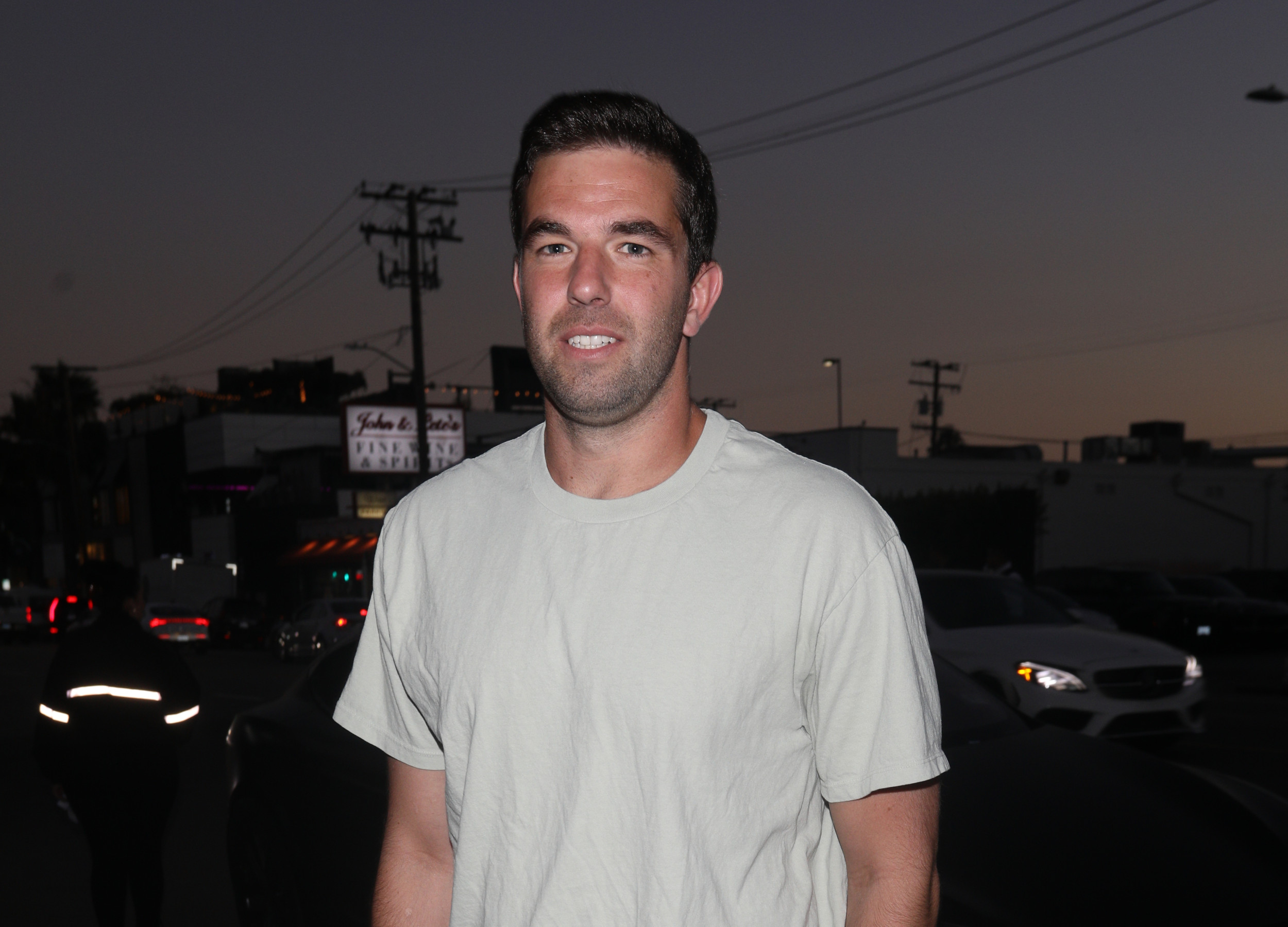While many are baffled by some of President Donald Trump's radical changes to government, one doesn't have to look too far back in history to connect the dots on why Trump does what he does. Just look at Trump's latest target—the Foreign Corrupt Practices Act (FCPA).
In 2012, the Trump Organization was engaged in conduct that, according to a New Yorker article, raised suspicions about possible violations of the FCPA, a law making it illegal to pay bribes to foreign government officials. Trump Tower Baku, a Trump-branded building in Azerbaijan, was closely tied to Azerbaijan's transportation minister, widely viewed as one of the country's wealthiest and most corrupt oligarchs.
The year the Trump Tower deal closed, Trump was interviewed on CNBC and unloaded on the FCPA, saying, "It's a horrible law and it should be changed." He explained that, "Every other country goes into these places and they do what they have to do." He insisted that American companies refusing to pay bribes would "do business nowhere."

Trump didn't forget. Five years later, as president, he directed Secretary of State Rex Tillerson to repeal the FCPA through an executive order. According to the book, A Very Stable Genius, Trump told Tillerson, "I need you to get rid of that law," adding that the FCPA was "just so unfair that American companies aren't allowed to pay bribes to get business overseas." Tillerson told Trump he could not repeal the FCPA with an executive order.
Eight years later, Trump has the FCPA again in his sights. He recently signed an executive order directing a pause in FCPA enforcement except in situations involving narcotics, human trafficking, or terrorism. The order recites that the FCPA "actively harms American economic competitiveness." A White House "factsheet" said past FCPA enforcement had "create[d] an uneven playing field" and the president told reporters his order was "going to mean a lot more business for America."
Unfortunately for American businesses, that claim has it exactly backwards. The FCPA does not disadvantage American companies but in fact enhances American competitiveness and levels an otherwise unlevel playing field.
According to statistics compiled by the Stanford Law School, nine of the 10 largest FCPA sanctions were against foreign companies whose stock is traded on U.S. exchanges, not U.S. companies. Those foreign companies paid over $12 billion in fines.
Bribes introduce inefficiencies in the competitive process that increase prices for all of us. One of the largest FCPA enforcement actions was against the corporate clients of Unaoil, a Monaco company acting as a "bribe concierge" for the oil industry, a scheme exposed by one of our whistleblower clients. Unaoil's "customers" included large foreign oil companies such as Rolls-Royce, SBM Offshore, Technip, and AMEC Foster Wheeler, who have paid hundreds of millions of dollars in fines under the FCPA. Their bribes to corrupt foreign officials caused huge oil contracts to be awarded without fair competition, increasing prices to consumers worldwide.
Payment of bribes is more common outside the United States and often not as aggressively policed. Ceasing U.S. enforcement will change the behavior of foreign companies for the worse, likely increasing their offshore bribe payments.
Conversely, the actions of U.S. companies are far less likely to be affected by the executive order. The order does not purport to repeal the FCPA; as former Secretary Tillerson informed Trump nearly a decade ago, an executive order cannot lawfully do that. So paying foreign bribes is still a serious felony.
Despite lax enforcement, the vast majority of American companies are not about to start paying bribes to foreign officials, engaging in criminal conduct that exposes them to opprobrium, shareholder actions, and other consequences that most officers and boards of directors will never countenance. So foreign corporations from countries where bribery is commonplace can pay bribes with impunity while U.S. companies will continue to feel culturally constrained not to do so. Any foreign company willing to bribe a corrupt government official is more likely to win contracts than law-abiding American competitors.
In short, repealing the FCPA will be a boon to crooked foreign corporations and will create an uneven playing field—in their favor. For those companies, as my colleague told the FT/Agenda, the executive order means "open season for corrupt politicians asking for bribes." Foreign companies will now be emboldened to pay them.
All of this is in addition to the political and moral case for FCPA enforcement, that the United States should not turn a blind eye to companies that encourage and support corrupt foreign officials who fleece their own citizens. If that's too "woke" for some, maintaining American competitiveness leads to the same conclusion.
When the 90-day enforcement pause ends, the attorney general should recommence vigorous enforcement of the FCPA. Even geniuses make mistakes, and the executive order is a whopper.
Eric Havian is a whistleblower attorney and partner at Whistleblower Partners LLP.
The views expressed in this article are the writer's own.





.jpg)














 English (US) ·
English (US) ·